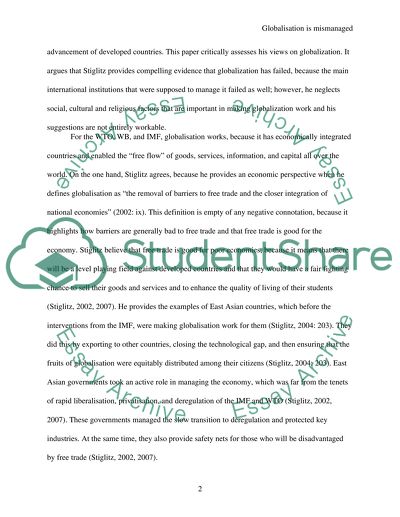Cite this document
(“Debating Globalisation Essay Example | Topics and Well Written Essays - 1750 words - 2”, n.d.)
Retrieved from https://studentshare.org/environmental-studies/1407419-debating-globalisation
Retrieved from https://studentshare.org/environmental-studies/1407419-debating-globalisation
(Debating Globalisation Essay Example | Topics and Well Written Essays - 1750 Words - 2)
https://studentshare.org/environmental-studies/1407419-debating-globalisation.
https://studentshare.org/environmental-studies/1407419-debating-globalisation.
“Debating Globalisation Essay Example | Topics and Well Written Essays - 1750 Words - 2”, n.d. https://studentshare.org/environmental-studies/1407419-debating-globalisation.


